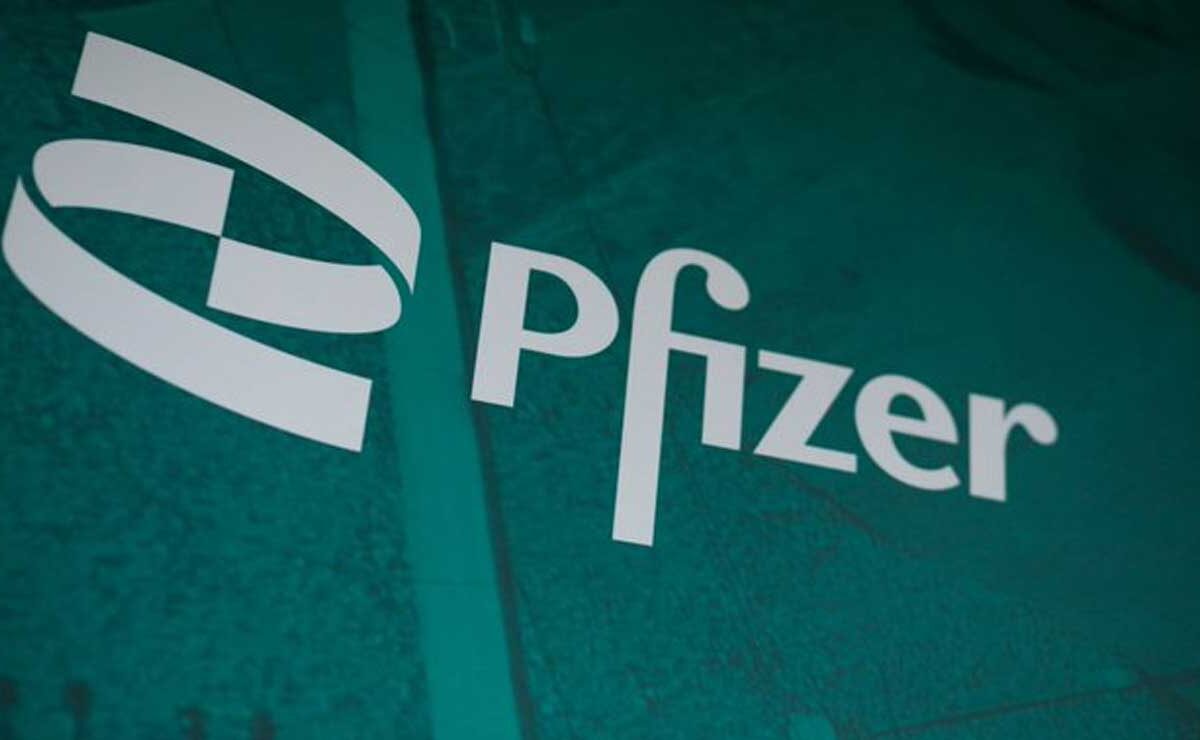Pfizer scraps weight loss candidate after trial setback: What it means for the future of oral obesity drugs
In a surprising turn of events, Pfizer Inc. has officially discontinued the development of its highly anticipated weight loss pill danuglipron, following a liver injury scare during clinical trials.

New York: In a surprising turn of events, Pfizer Inc. has officially discontinued the development of its highly anticipated weight loss pill danuglipron, following a liver injury scare during clinical trials. The move deals a significant blow to Pfizer’s ambitions in the booming obesity drug market, currently valued at over $130 billion globally.
Table of Contents
Danuglipron Discontinued: Safety Concerns Derail Pfizer’s Weight Loss Strategy
Danuglipron, a GLP-1 receptor agonist, was designed as an oral alternative to popular injectable obesity treatments like Novo Nordisk’s Wegovy and Eli Lilly’s Zepbound. The drug mimicked appetite-suppressing gut hormones to aid in weight loss, and was seen as Pfizer’s best chance to gain ground in the weight management space.
However, a recent trial reported elevated liver enzymes—a red flag for liver toxicity—in one patient. While the individual recovered quickly after discontinuing the drug, Pfizer opted to halt development entirely after a thorough review of clinical and regulatory data.
Follow for more details: munsifdaily.com
“The adverse event occurred in a study with accelerated dose escalation,” Pfizer said in a statement, highlighting that the rapid titration may have contributed to the unexpected outcome.
Not the First Setback for Danuglipron
This is not the first time danuglipron has faced clinical hurdles. In December 2024, Pfizer scrapped its twice-daily version due to poor patient tolerability. The once-daily version had sparked renewed hope—until now.
Despite reassurances that liver enzyme levels were comparable to other approved GLP-1 therapies, Pfizer concluded that continuing development posed too high a risk, particularly in a highly competitive regulatory landscape.
Market Reactions: Rivals Gain, Pfizer Shares Slide
Pfizer’s decision sent competitor stocks soaring. Shares of Eli Lilly and Novo Nordisk saw immediate gains, while emerging biotech firms like Viking Therapeutics and Structure Therapeutics also surged, as investors speculate that Pfizer may pursue acquisitions to stay in the game.
Meanwhile, Pfizer’s own stock continued its downward trend—down more than 60% from its Covid-19 peak—as investors grow increasingly anxious about the company’s post-pandemic growth strategy.
What’s Next for Pfizer in the Obesity Drug Race?
While danuglipron is officially shelved, Pfizer isn’t abandoning the obesity treatment market entirely. The company is currently exploring:
- A GIPR blocker in early-stage trials
- Another once-daily oral GLP-1 compound with improved safety profile
- Potential M&A activity to acquire late-stage candidates
Former Chief Scientific Officer Mikael Dolsten had previously hinted that combining multiple gut hormone pathways may unlock next-generation weight loss therapies.
Also Read: 10,000 Indian Hajj Pilgrims Saved After Saudi Portal Reopens — What Changed Overnight?
Playing Catch-Up in a Fast-Moving Market
Despite ongoing efforts, Pfizer is years behind leaders like Eli Lilly and Novo Nordisk. Lilly’s Zepbound generated nearly $5 billion in sales within a year of launch, and Novo’s oral GLP-1 drug Rybelsus brought in over $3 billion in 2024 alone.
Without a late-stage candidate, Pfizer now faces a steep uphill climb to re-establish itself in a category many had hoped would be its post-Covid growth engine.
From Vaccine Leader to Obesity Underdog
Once hailed as a pandemic-era powerhouse, Pfizer is now under pressure to prove its ability to innovate beyond Covid-19. With key drugs losing patent protection by 2030, the company urgently needs new blockbusters.
Danuglipron was supposed to be that next big success. Instead, its failure now serves as a cautionary tale in the volatile world of pharmaceutical R&D—where safety, speed, and science must all align perfectly.
